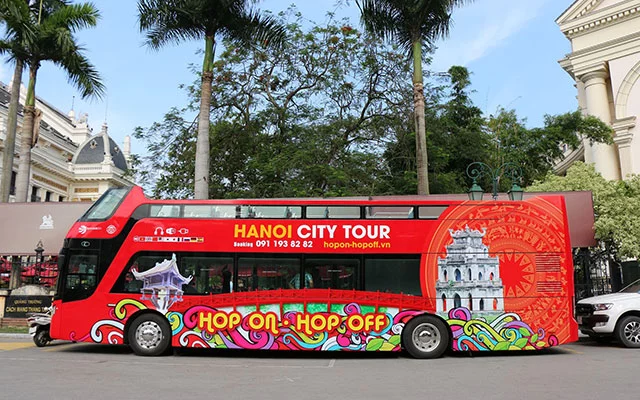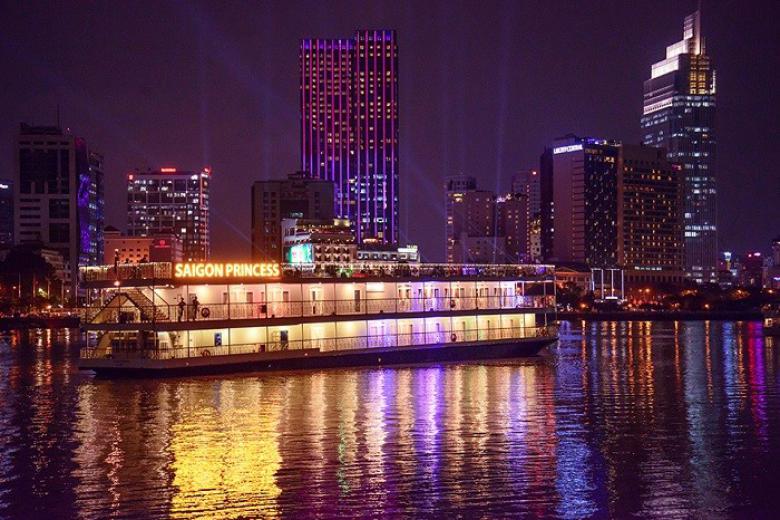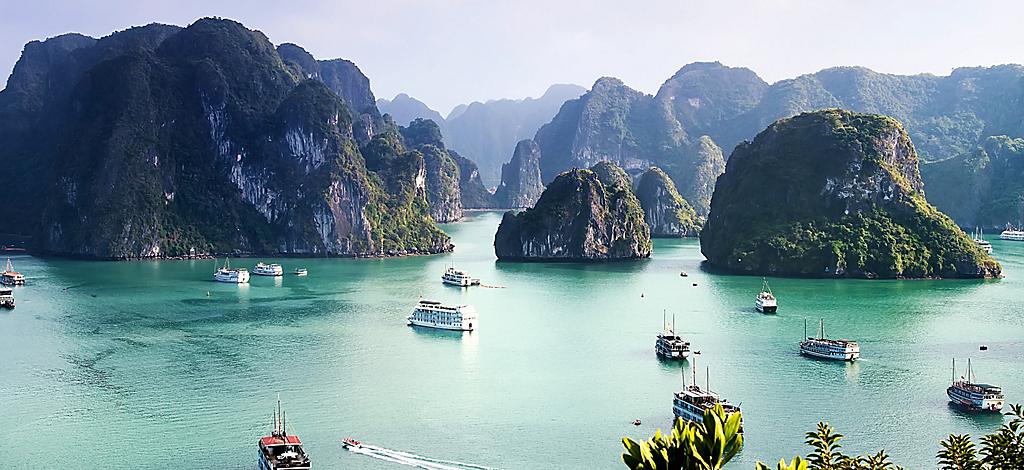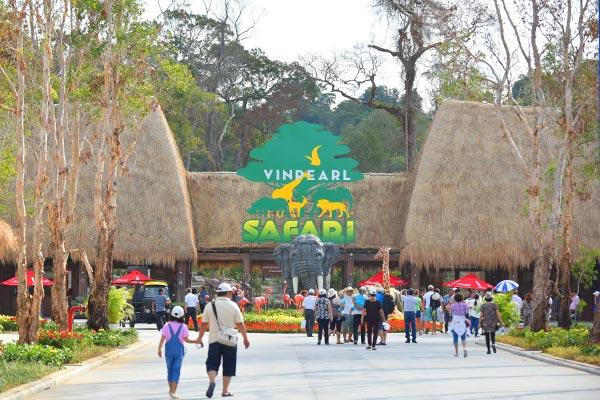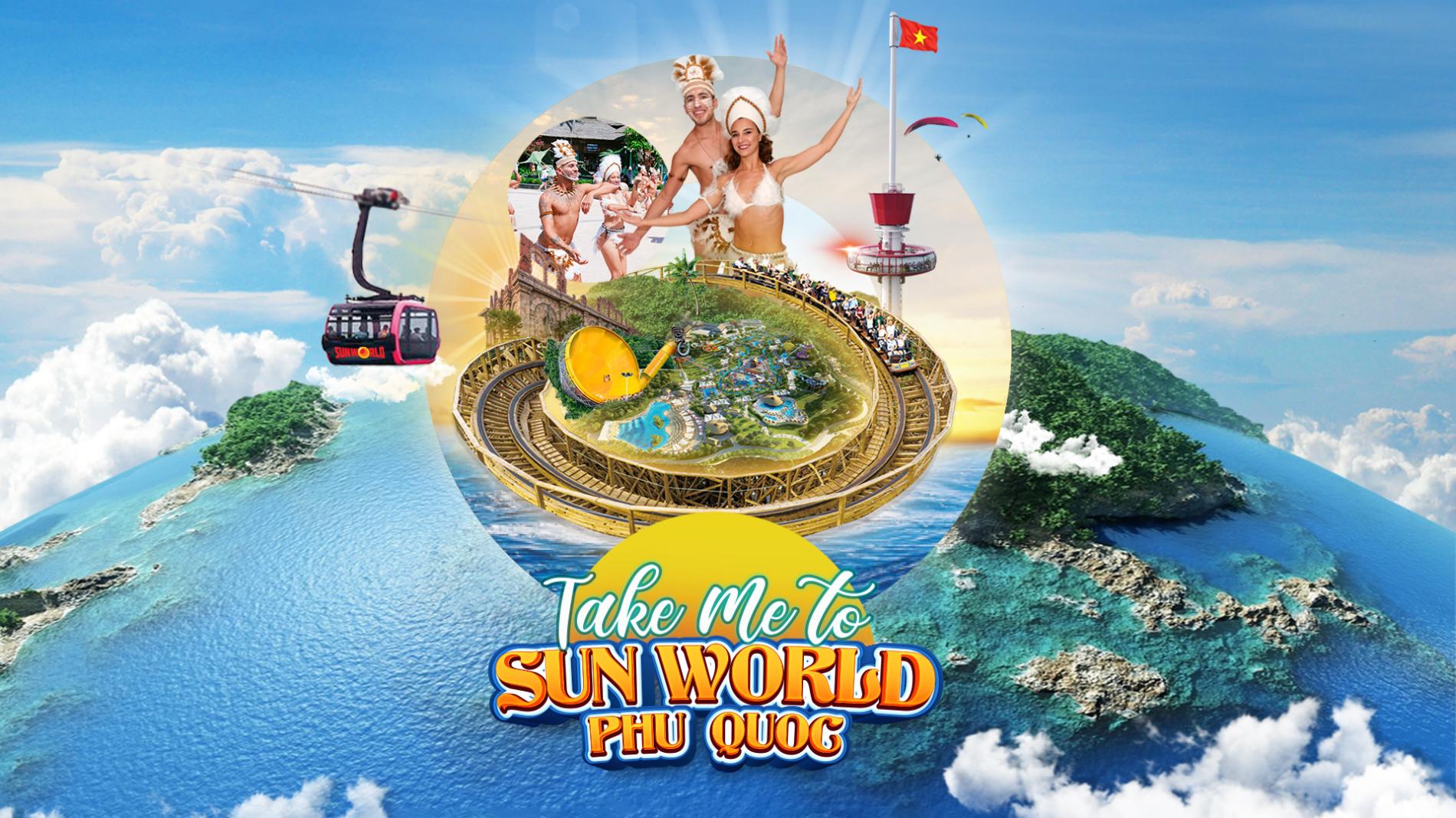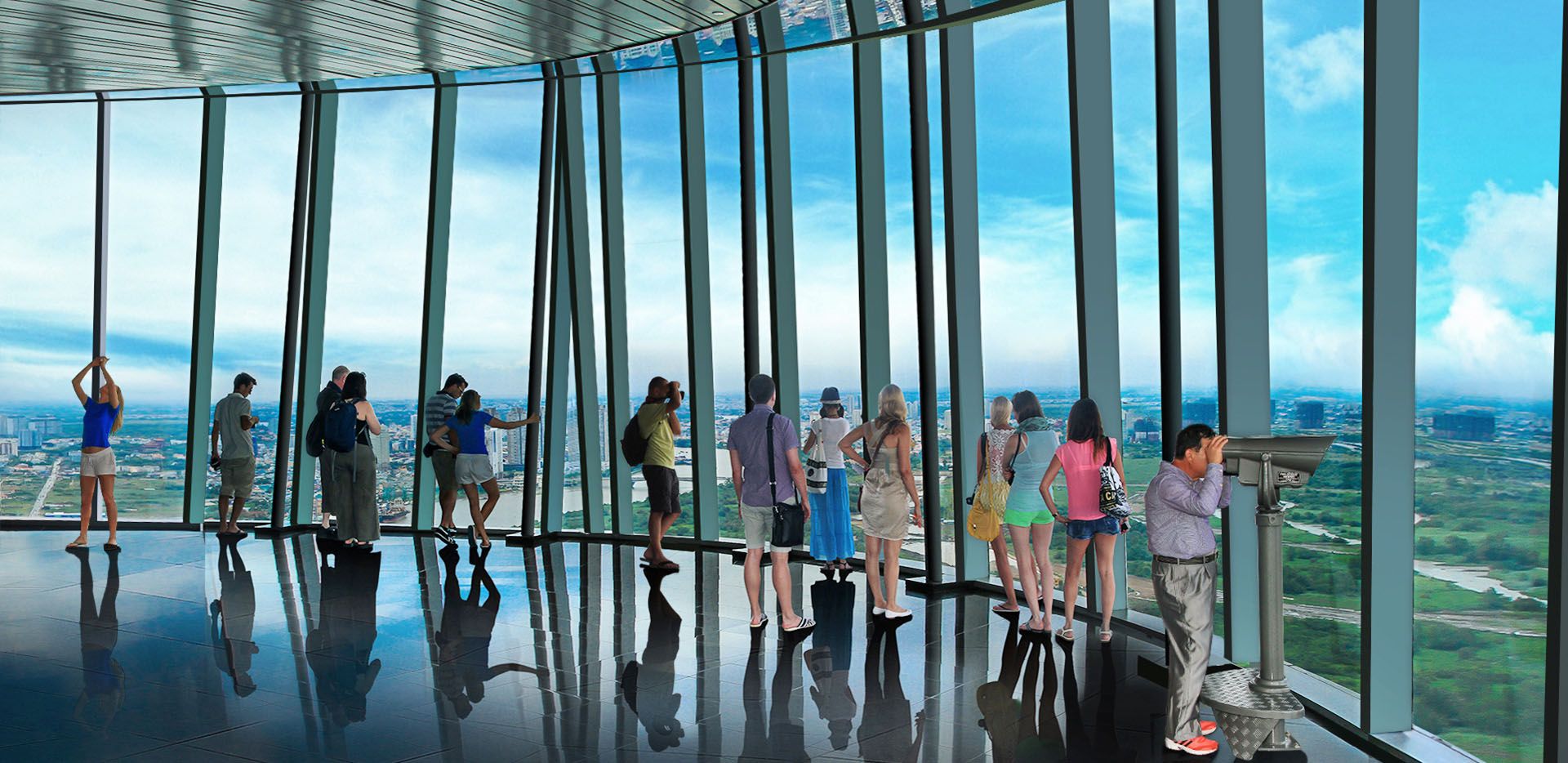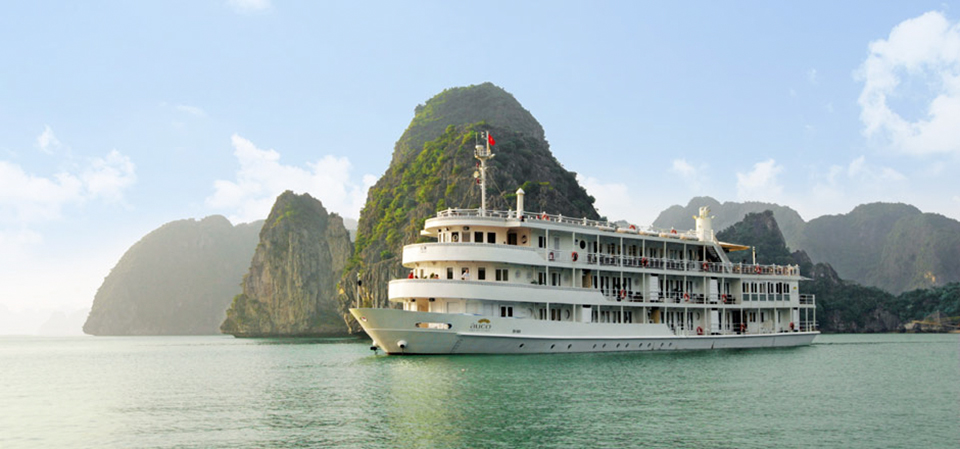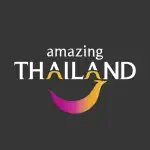FAQs
Q1: Is Vietnam a safe country for tourists?
A1: Yes, Vietnam is generally considered a safe country for tourists. Like any other destination, it is advisable to take precautions and be aware of your surroundings, especially in crowded areas and tourist hotspots. It's also recommended to follow local laws and regulations, use reputable transportation services, and take necessary health and safety precautions.
Q2: What is the best time to visit Vietnam?
A2: The climate in Vietnam varies from region to region. Generally, the best time to visit is during spring (February to April) and autumn (August to October), when the weather is more moderate and pleasant. However, the weather can differ across different parts of the country, so it's a good idea to check the specific region you plan to visit.
Q3: What are the must-visit places in Vietnam?
A3: Vietnam offers a diverse range of attractions. Some popular places to visit include Hanoi (the capital city), Ho Chi Minh City (formerly Saigon), Ha Long Bay, Hoi An, Hue, Sapa, Nha Trang, and the Mekong Delta. These destinations showcase Vietnam's rich history, vibrant culture, beautiful landscapes, and delicious cuisine.
Q4: Do I need a visa to visit Vietnam?
A4: The visa requirements for Vietnam depend on your nationality and the duration of your stay. Many countries have visa exemption agreements with Vietnam, allowing citizens to visit for a certain period without a visa. However, some nationalities still require a visa. It's best to check with the Vietnamese embassy or consulate in your country or visit the official website of the Vietnam Immigration Department for the most up-to-date information.
Q5: What is the local currency in Vietnam, and can I use credit cards?
A5: The local currency in Vietnam is the Vietnamese Dong (VND). While cash is widely accepted, credit cards are becoming more common, especially in larger cities and tourist areas. It's a good idea to carry some cash for smaller establishments or places that may not accept cards. Additionally, it's recommended to inform your bank about your travel plans to avoid any issues with your credit or debit cards.
Q6: What are some traditional Vietnamese dishes I should try?
A6: Vietnamese cuisine is renowned for its flavors and freshness. Some popular dishes include pho (noodle soup with beef or chicken), banh mi (Vietnamese sandwich), spring rolls (both fried and fresh), bun cha (grilled pork with noodles), banh xeo (Vietnamese pancake), and com tam (broken rice). Don't forget to try the local coffee, which is typically strong and served with condensed milk.
Q7: What is the weather like in Vietnam?
A7: Vietnam experiences a varied climate across its regions. The north has four distinct seasons, with a cold winter and hot summer. Central Vietnam is known for its tropical climate with a rainy season. The south has a more consistent tropical climate with high temperatures and humidity.
Q8: Where is Vietnam located?
A8: Vietnam is located in Southeast Asia, bordered by China to the north, Laos and Cambodia to the west, and the South China Sea to the east and south.
Q9: What are some traditional festivals in Vietnam?
A9: Vietnam has numerous traditional festivals. Some significant ones include Tet (Lunar New Year), Mid-Autumn Festival, Hung Kings Temple Festival, and Hoi An Lantern Festival.
Q10: Is it necessary to tip in Vietnam?
A10: Tipping is not mandatory in Vietnam, but it is appreciated for good service. In restaurants, a 5-10% tip is customary if a service charge is not already included.





